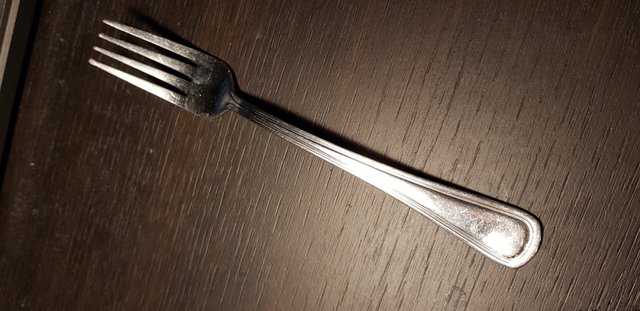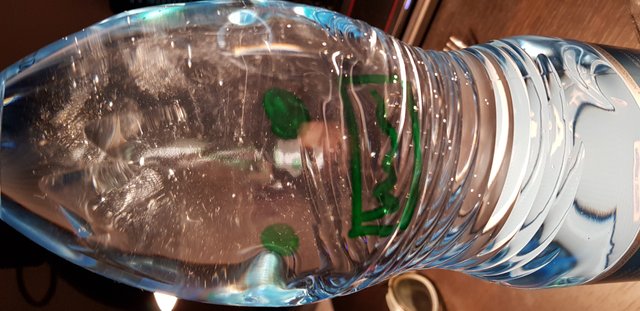
Plastic in the environment
Analyzing statistical data related to the amount of plastics produced by humanity, it can be clearly stated that this is a very big problem at present.
Every year, about 8 million tonnes of "plastic" goes to the seas and oceans.
It is estimated that soon the total weight of the garbage will exceed the total biological mass of the seas and oceans.
But what do I care?
You can think about what this means for the average people. Basically nothing. Are there any tangible changes visible in connection with the above facts? Well, no. The changes are, but yes, invisible.
It is estimated that currently every European/US citizen, unknowingly eats a very large amount of plastic. Depending on the type of diet, whether consuming fish, whose environment has been contaminated by plastic, or drinking bottled water, or even using tap water to brew tea, where previously this water could be used, even for washing polyester clothes. The purifiers are not able to filter out the microparticles, making the plastic sooner or later reach us.
( )
)
The impact of plastics on the body
How, however, plastic-microparticles affect our body. Well, it's not difficult to guess - negative. Evolution did not adapt our bodies to the consumption of this type of particles, which makes the reaction of our body difficult to call healthy.
Maybe it is worth changing?
Recycling is therefore essential. Dedication of these 30 seconds for sorting and prior rinsing of used packages after different types of products. Read information on the basket, what to throw in.
Pay attention to the neighbor / immediate family, if this / this one does not, for example.
Paying attention to what the neighbors are burning in the ovens around.
In the absence of appropriate trash bins, monitor local authorities about this fact.
Purchase of better-quality clothes that are not made of rubbish and which simply can last longer in the world. In addition, you will get rid of remorse that you spend too much on clothes, putting aside premium items. Of course, if it's premium or not, let it show you a price tag and a list of raw materials used, not a brand.
Finally, the use of large-use boxes, or shopping with your own bag.
Banals and in principle are nothing revealing. The problem, however, is often to introduce these habits into your life.The issue from the title. "Take your fork with you!"
This is my original idea. Though somebody probably did it before.
While going out in the city, there is not always time, or in principle, you do not often want to spend about 60 - 120 zlotys for food in a decent restaurant, where a polite waitress will give you your dish with a smile on your face, in addition on an elegant plate with metal cutlery.

src (https://broadwaydirect.com/katharine-mcphee-extends-waitress/)
It happens that you have to settle for fast-food.
Eating one day Chinese food in such I gave up reflection on the cutlery that I hold in my hand.
Their role in this world lasts no less than 15 minutes, after which, for the next 600 years, they will be disintegrating, somewhere in the dump. Absurd...
Since then, I always have my own fork with me, borrowed from the kitchen.
Nothing, but something. Assuming that I eat Chinese food 15 times a month, multiplied by 12 months, multiplied by 10 years = 1200 used forks less. Let's multiply it by 741.4 million inhabitants of Europe, assuming that everyone would do the same, the result = 889680000000 forks. Let each of them weigh 1g, then we have 889680000 kg less in the environment for 10 years.
As for me quite a lot.

Congratulations @akrnix! You have completed the following achievement on the Steem blockchain and have been rewarded with new badge(s) :
Click here to view your Board
If you no longer want to receive notifications, reply to this comment with the word
STOPDo not miss the last post from @steemitboard:
Downvoting a post can decrease pending rewards and make it less visible. Common reasons:
Submit